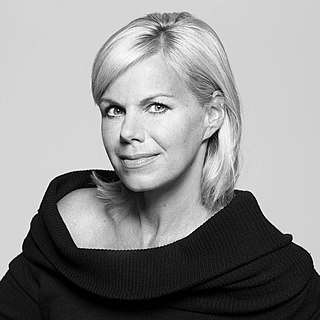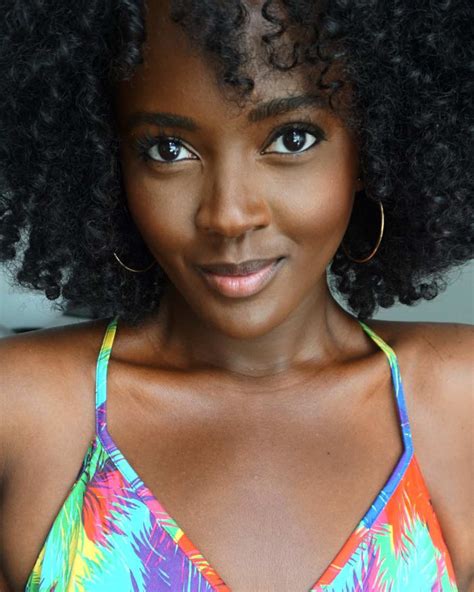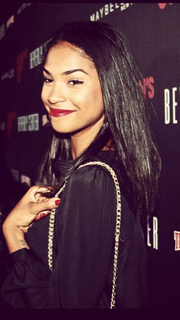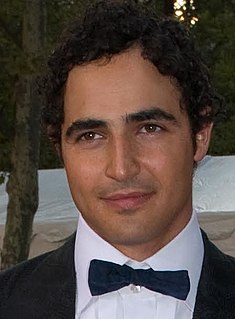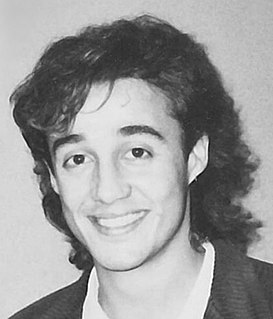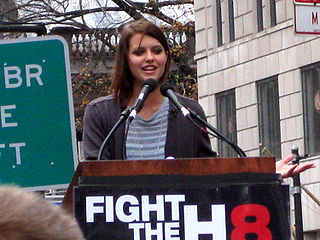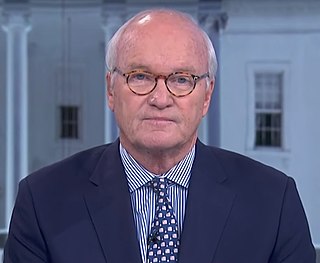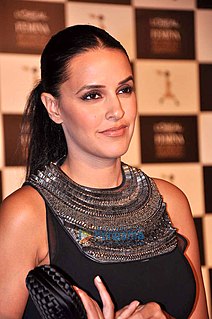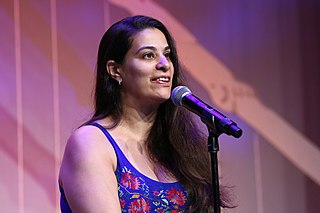A Quote by Gretchen Carlson
Social media has allowed people to ramp up their personal attacks on people in the public eye - because there is a sense they can do it anonymously.
Quote Topics
Related Quotes
I'm not on social media because I feel like that would be just such another level of responsibility that I don't feel up to. It's not uncommon now to have personal and public intertwined, and I don't know how people are able to manage that. I don't know where you go when you want to be alone if everything is out there.
I'm interested in the opportunity that people can self-create using social media and the online dialogue. Before social media, you needed to have a lot of personal funds to break through to hire the right people and build a presence to start a line. It gives the opportunity and platform for people to be discovered.
We tend to think of our idols as kind of superheroes; maybe less so today, given that people have a tendency to overshare on social media, but when I was growing up, all you knew about these people was what they allowed you to see - which was them doing superhuman things, up on stage in an arena with all these people going crazy.
Performers put their heart and soul into their art, and can be subject to highly personal attacks and criticism. The tone and language of reviews, or commentary on social media, can be bruising and severe. Everyone is a critic. All of this adds to the stress and anxiety suffered by people in the performing arts.
PR got to be much bigger because of the emergence of digital media. Now we have hundreds of people who are, in a sense, manning embassies for Facebook and Twitter for brands. So the business in effect has morphed from pitching stories to traditional media, to working with bloggers, Twitter, Facebook and other social media, and then putting good content up on owned websites.
If you're working on better conditions for prisoners, if you make that a popular issue and you invite mainstream media to weigh in on that subject, you're going to end up with a much more regressive public-policy environment than if you approach it in a quieter way. It's not because the public is stupid, it's just that people with only a cursory interest in something are going to have a knee-jerk reaction to it. That's impossible to explain in a cable-news media... it doesn't make sense.
